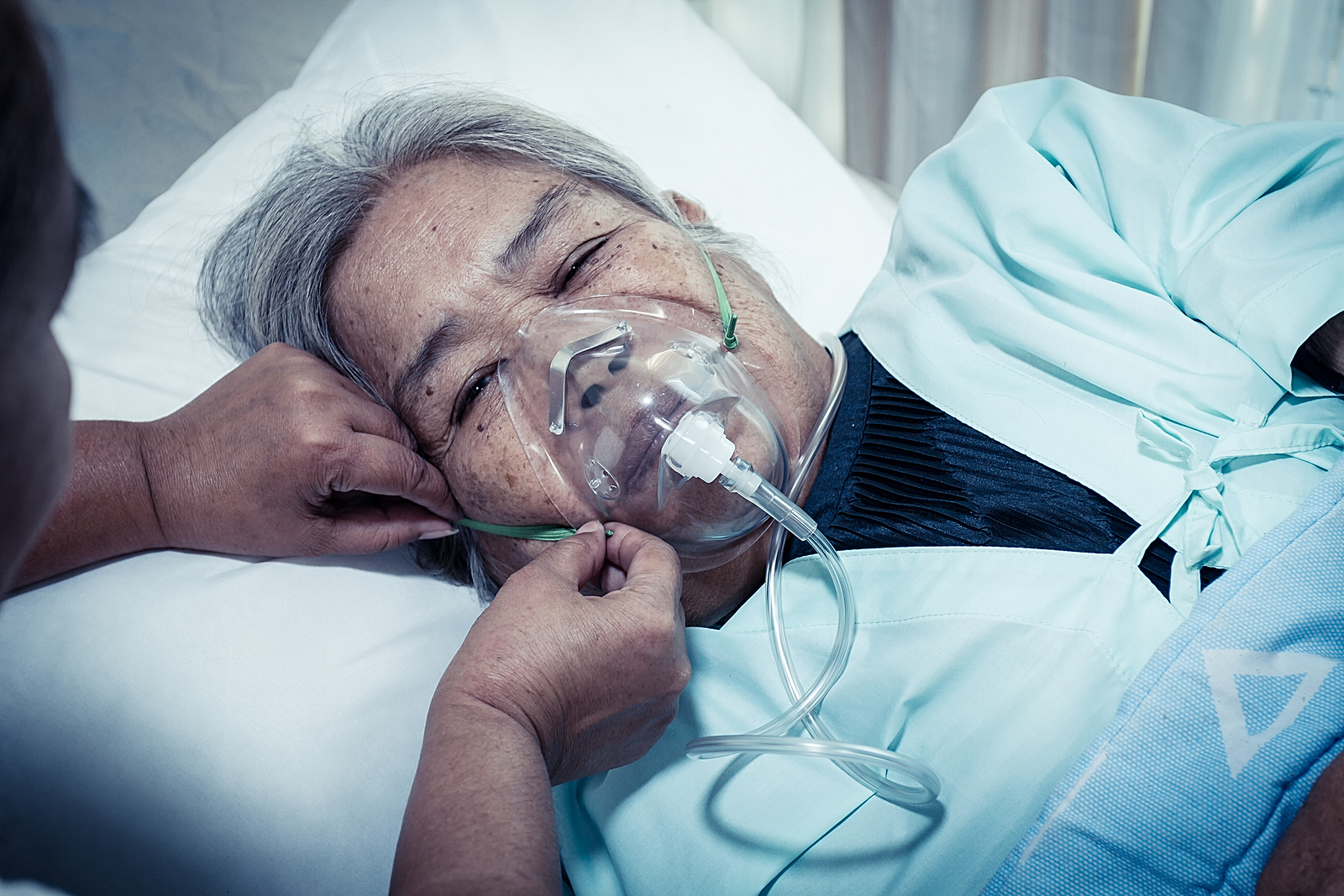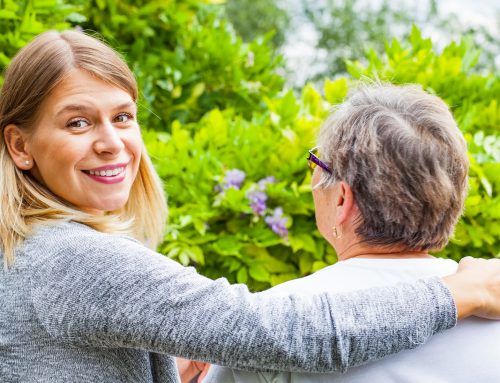There’s a lot to manage when it comes to COPD and your senior. You may need to help her to avoid anything that could possibly be a trigger for her COPD-related breathing problems, too. This can be tricky, but it’s a little easier with help from elderly care providers, especially when you know more about what to avoid.

Homecare in Alexander City AL: Avoiding COPD Triggers
Smoke
One of the biggest COPD triggers for your senior to avoid is smoke. Whether it’s smoke from a fireplace or someone smoking a cigarette, smoke can be incredibly difficult to breathe. Smoke seems like air that you can see, but it’s really air that has a higher concentration of certain particles in it and those particles are irritating and even harmful for your elderly family member to breathe.
Poor Air Quality
Whatever makes air quality poor is something to avoid. Many weather apps now include information about external air quality that your senior can use to help her to determine if today is a good day for outdoor activities. The factors that affect air quality can include pollution, chemicals, and even pollens and natural elements that make the air a little more difficult to breathe easily.
Allergens
Anything that causes an allergic reaction can be an allergen. For some people, that’s pollen from plants outside or dander from pets. Allergens can even be dust particles. Whatever your senior’s allergens are, it’s important that she limits exposure to them because they can create additional problems breathing.
Smells and Fragrances
Many people are highly sensitive to fragrances and other smells. For someone with COPD, certain smells can even trigger breathing problems. If your elderly family member is sensitive to particular scents, it’s vital that you do what you can to reduce those smalls in her environment. Some cleaning solutions, even natural ones, can even be a scent trigger.
Germs
Germs create big problems because they can bring infection along with them. They’re not something that you can see, but when your elderly family member is exposed to too many germs, she’s more likely to get sick. That means more mucus and more difficulty breathing. When you can help to reduce her exposure to germs, you can help her to stay a little bit healthier.
So many of the triggers for COPD are things that are part of normal, everyday life. It’s important to help your senior to figure out what triggers are especially irritating to her so that she can do what she can to avoid them.

